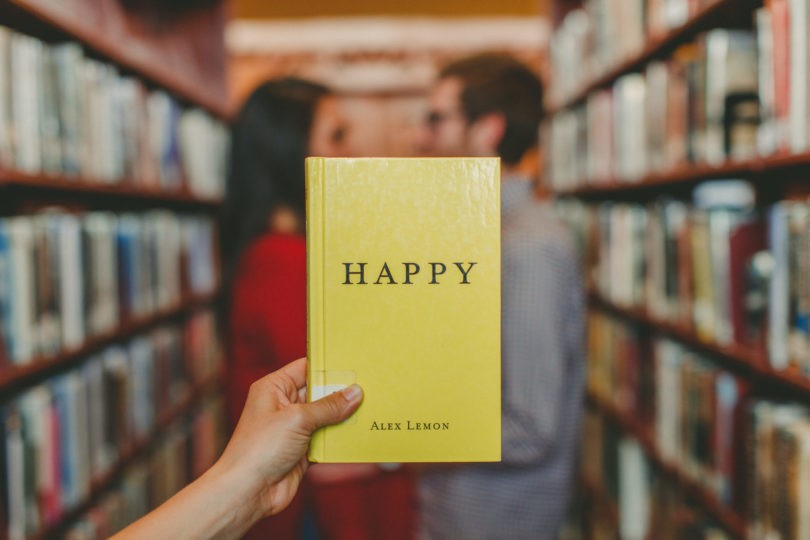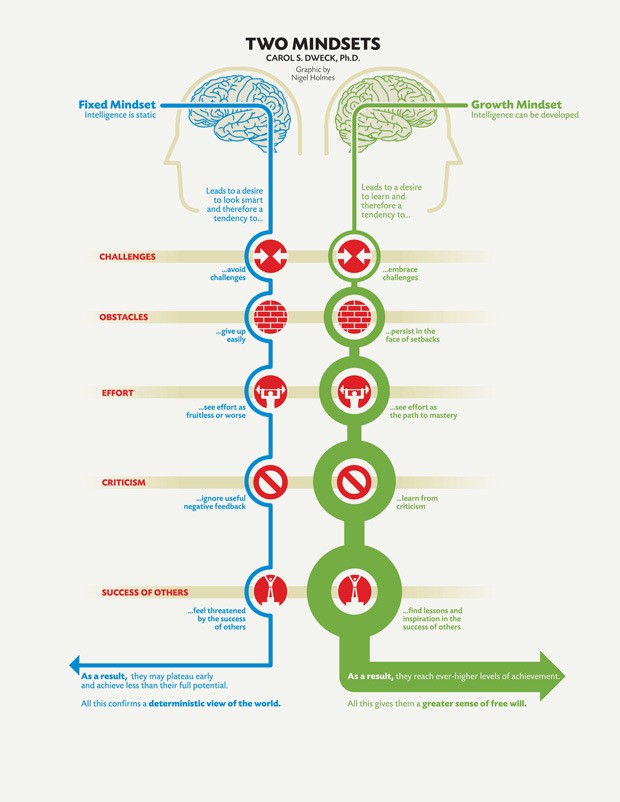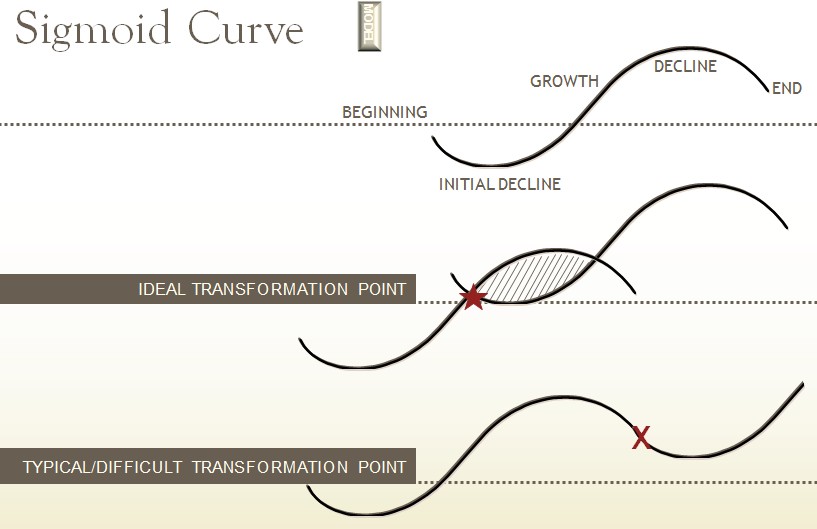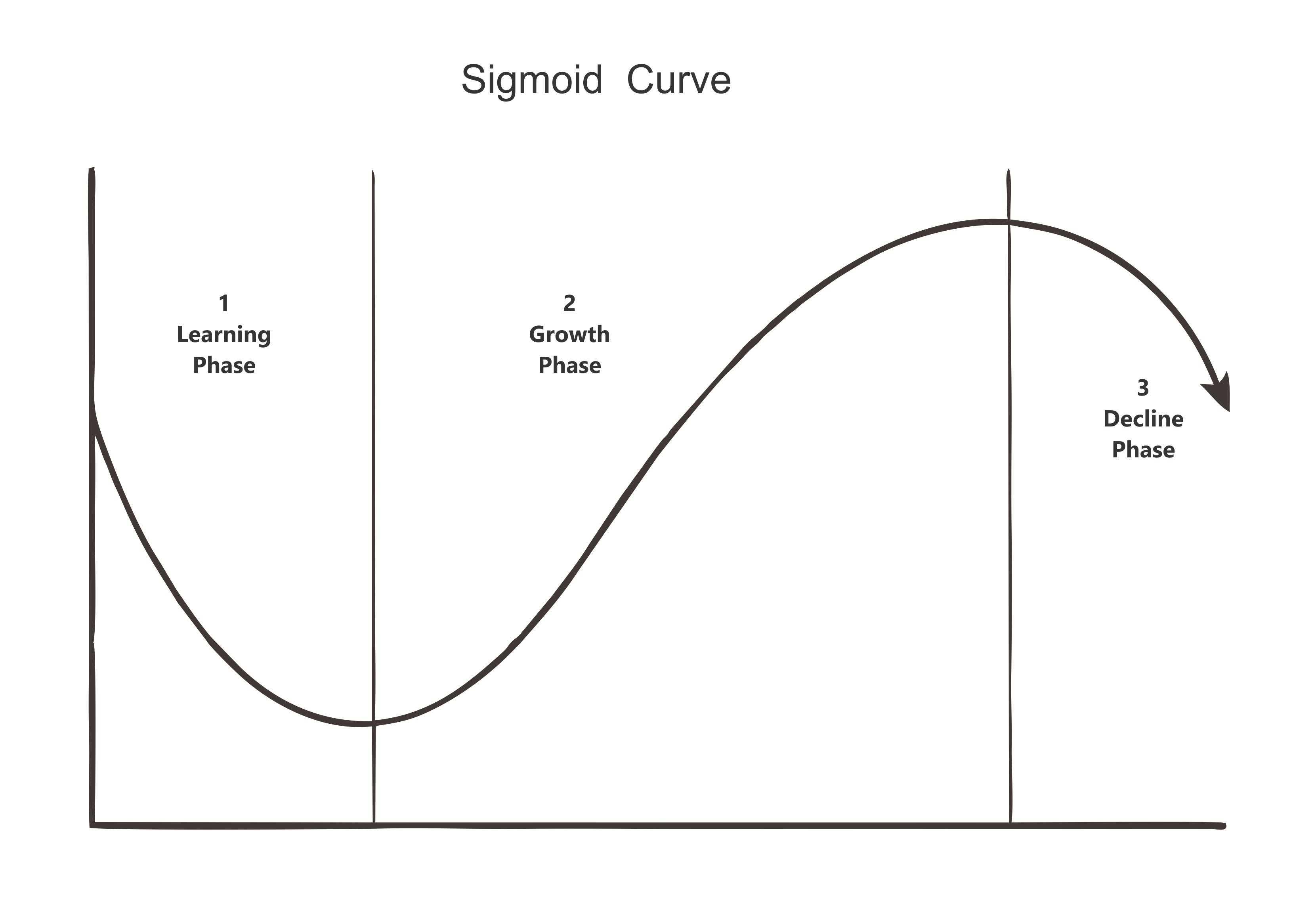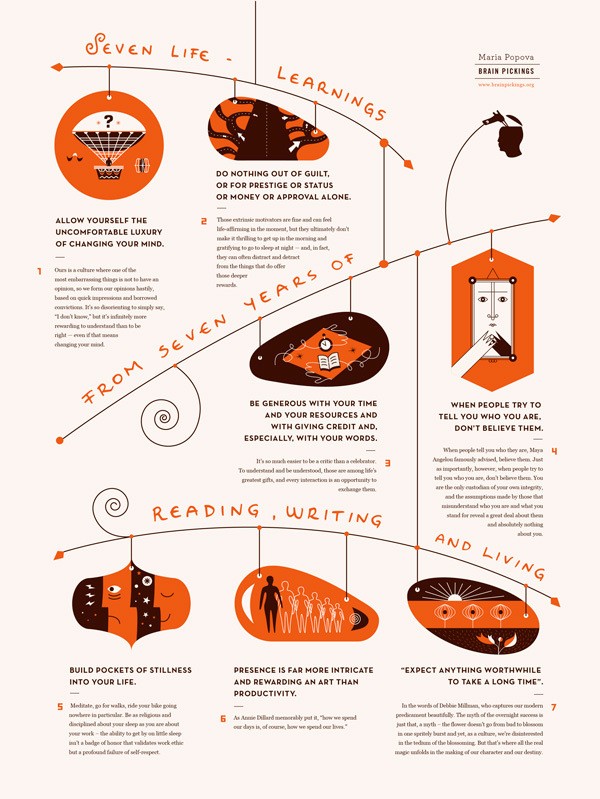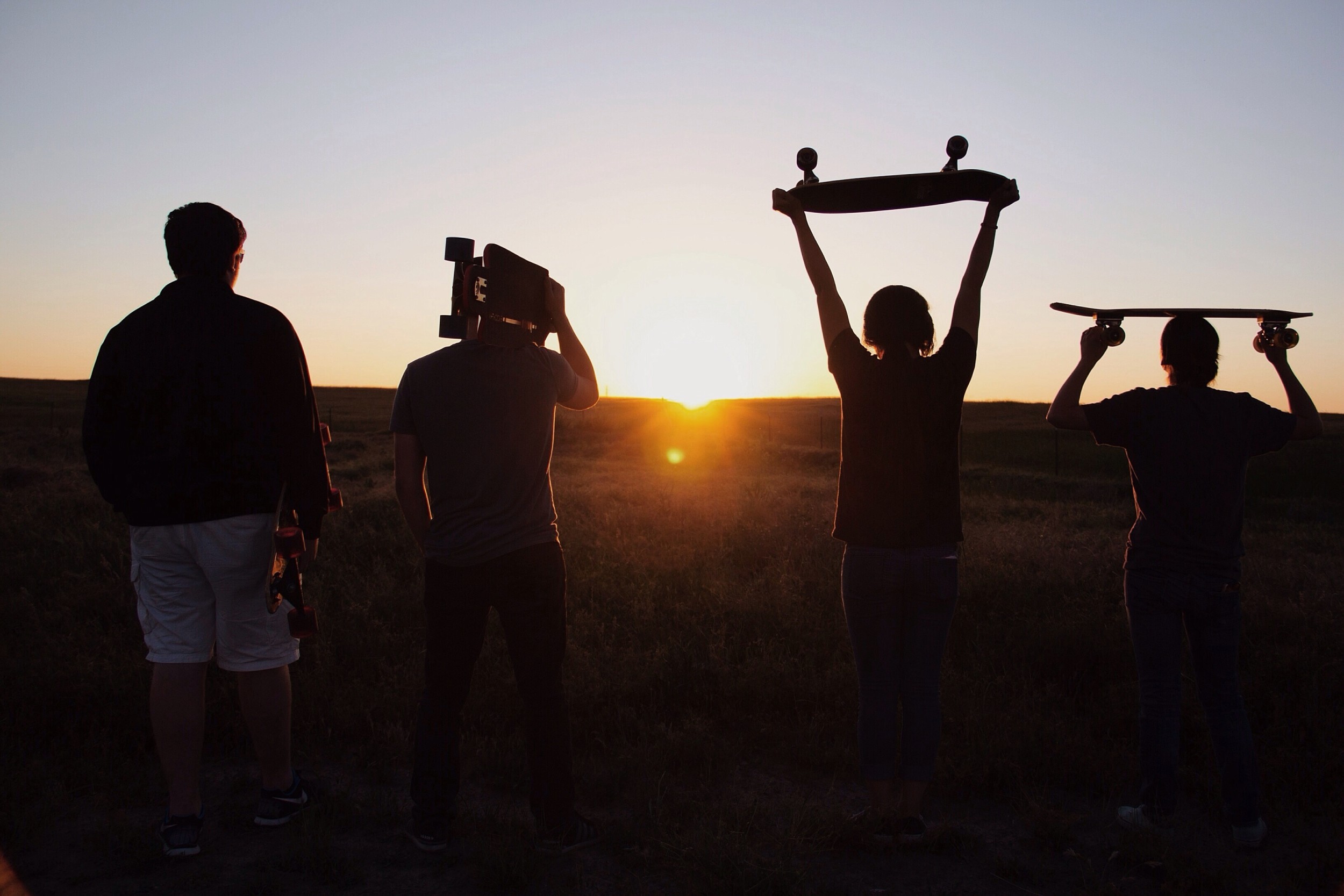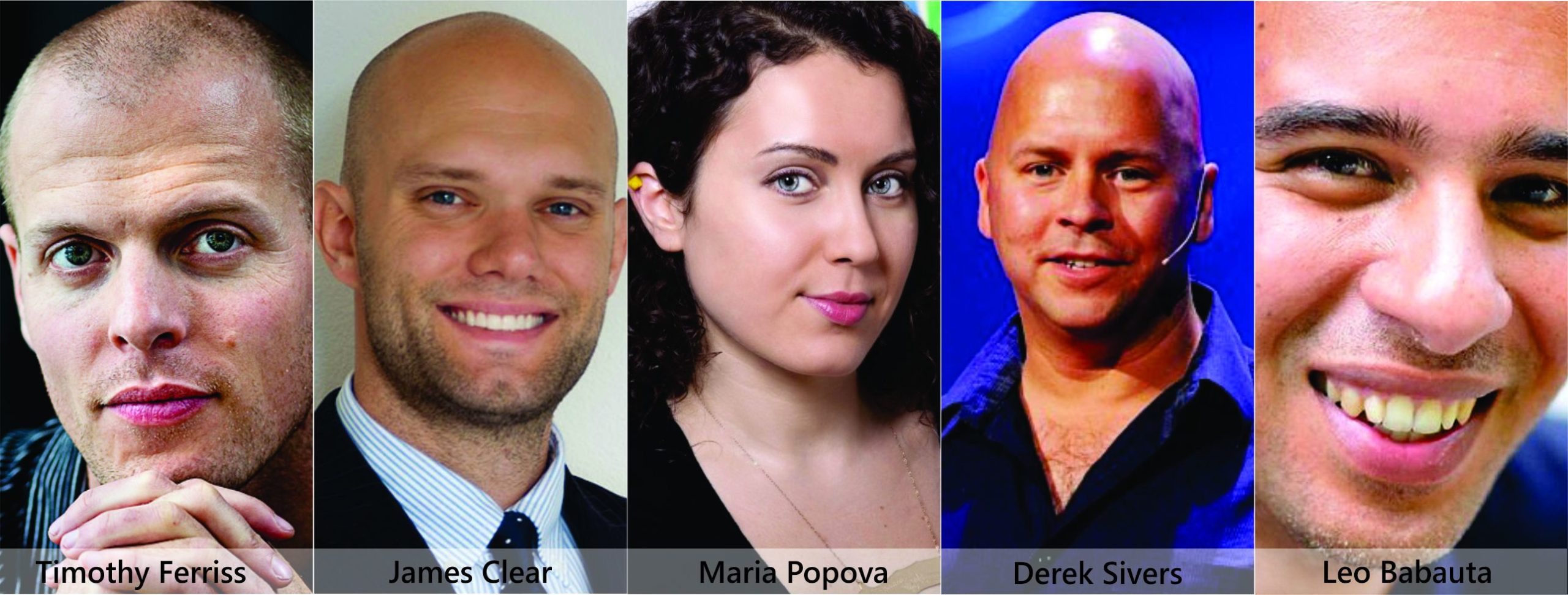
I’m admittedly a learning junkie and only come alive when my curiosity and interest in the world are piqued. I’m fascinated by new learnings and discoveries every day, and they have been central to any impending change in my life.
Every year I stumble upon new teachers and fresh material and 2015 has been no exception.And whether it’s through reading their blogs, listening to their podcasts or watching their interviews or talks I’ve become a better man.
These are the 5 people who rocked my world in 2015:
“I’ll repeat something you might consider tattooing on your forehead: What we fear doing most is usually what we most need to do.” ― Timothy Ferriss
He is the author of the New York times best seller 4-hour workweek, blogger, self-experimenter, podcaster and health and body expert. He also successfully funds start-ups in silicon valley. He is also a lover of Stoicism and in particular, Seneca.
He deconstructs complicated concepts into clear, understandable ideas which show that most things are achievable and do-able. His how-to-do steps are geared to help the common man see that nothing is impossible and that anything is possible.If there was anyone who epitomises the new type of self-help guru, then it’s him.
He reached the Tango National Finals in Argentina while practicing for less than a year and took up Tai-chi grappling and won the national championship in Taiwan. He speaks Japanese and Mandarin fluently and in fact, there isn’t much he can’t do when he sets his mind to it.
I love his podcasts, which are long and funny. The variety of guests from movie stars like Jamie Foxx, to chess prodigy–Joshua Waitzkin, and Body and fitness stars, to Venture capitalists based in Silicon Valley is simply amazing. It has opened a new world for me, and it’s like even though I’m not in that world but listening to the interviews I become part of them and learn different things from all those successful people.
My Biggest Take-away
Taking control of my time and my life. I’ve also started experimenting with new interests and habits and find it is the best way to learn about ourselves.
“Simplicity boils down to two steps: Identify the essential. Eliminate the rest.” ― Leo Babauta
Simplicity, minimalism and contentment are what you get when you visit his site. I love the whiteness of his blog, the simple concepts he writes about and the succinct words he uses that will immediately send your being into peace and calmness.
Here’s a guy who set up his blog in Guam back in 2007 and in 2011 was listed on Time’s 50 best websites.He writes about meditation, presence and contentment in life in such a pragmatic way that you don’t feel obliged to move to Tibet and live a monk’s life.
My Biggest Take-away
The power of less; We work harder, become stressed, to earn more, but the extra money that goes on a supposed better way of living (extra cars, bigger homes, premier travel) makes us less happy as we start to complicate our lives. The easiest formula is to work less, spend less and be more at peace now, not when we retire.
“Becoming the type of person you want to become — someone who lives by a stronger standard, someone who believes in themselves, someone who can be counted on by the people that matter to them — is about the daily process you follow and not the ultimate product you achieve.” ―James Clear
He shares ideas for using behavior science to improve your performance and master your habits. His articles have been published in Forbes, Huffington post and many other sites. The scientific approach and depth of his content always leave you with a clear understanding of a concept, and you simply, can’t forget his teachings.
My Biggest Take-away
Learning how to instill habits in my life so that I can focus on my actual practice rather than the actual goal e.g. I set a target to write an hour a day, rather than setting an overwhelming goal of writing a book for the year. And when I maintain my practice, I will achieve the target and the ultimate goal.
“This is the power of art: The power to transcend our own self-interest, our solipsistic zoom-lens on life, and relate to the world and each other with more integrity, more curiosity, more wholeheartedness.” ― Maria Popova
Maria Popova is the creator of Brainpickings.org. She describes it; Brain Pickings is “your LEGO treasure chest, full of pieces across art, design, science, technology, philosophy, history, politics, psychology, sociology, ecology, anthropology, you-name-itology.”
Her blog is one for the intellectuals and people who like to understand the original concepts and it’s unrivaled in the richness of material. She weaves pieces and themes from old and new books, past and present authors illuminating insights, directly or indirectly, into that grand question of how to live, and how to live well.
I can’t wait for Sunday evenings when I read her new publications–they have liberated my thinking and took me to worlds I’ve either forgotten or never knew existed.
My Biggest Take-away
The Gold is in the old books and the even older authors. Why read a modern book which portrays a minute concept from Albert Camus, when she goes straight to his book and offers us his direct words and her explanations all in a great blog piece.
“If you think your life’s purpose needs to hit you like a lightning bolt, you’ll overlook the little day-to-day things that fascinate you.” ― Derek Sivers
He’s best known for selling his former company CD Baby an online CD store for independent musicians, with over $100M in sales for over 150,000 musician clients.He gave away most of his money and now chooses to live spartanly and spontaneously, moving to a new country every few years, doing whatever he feels like doing.
He truly does live the present moment and is living proof, of how to become non-attached to things,while living in our world and not on an isolated mountain.
Derek Sivers Interview-The Santa Monica bike ride story
“I do a 15-mile bike ride in Santa Monica, a few days a week at full-speed, 100%,head-down, red-faced, sprinting speed.I’d finish exhausted and looked at the time.43 minutes.Every time. After a few months, I was getting less enthusiastic about this bike ride. I think had mentally linked it with being completely exhausted.
So one day I decided I would do the same ride, but just chill. Take it easy, nice and slow. OK not super-slow, but dialing it back to about 50% of my usual effort. What a fun ride. I was relaxed, and smiling, and looking around. Not red-faced. I was barely giving it any effort.I saw two dolphins in the water. A pelican flew right over me in Marina del Ray. I had to laugh at the novelty of it.I’m usually so damn driven, always doing everything as intensely as I can. It was so nice to take it easy for once. I felt I could do this forever, without any exhaustion.
When I finished, I looked at the time. 45 minutes.What?!? How could that be? Yep. I double-checked. 45 minutes, as compared to my usual 43. So apparently all of that exhausting, red-faced, full-on push-push-push I had been doing only gave me a 4% boost.I could just take it easy, and get 96% of the results.And what a difference in experience! To go the same distance, in about the same time, but one way leaves me exhausted, and the other way rejeuvenated.This was really profound for me, and I think of it often.”
My Biggest Take-away
I’m always running for more, for better, for higher, and after listening to above interview, I’ve now calmed down and 2016 has been less stressful and more fun.
